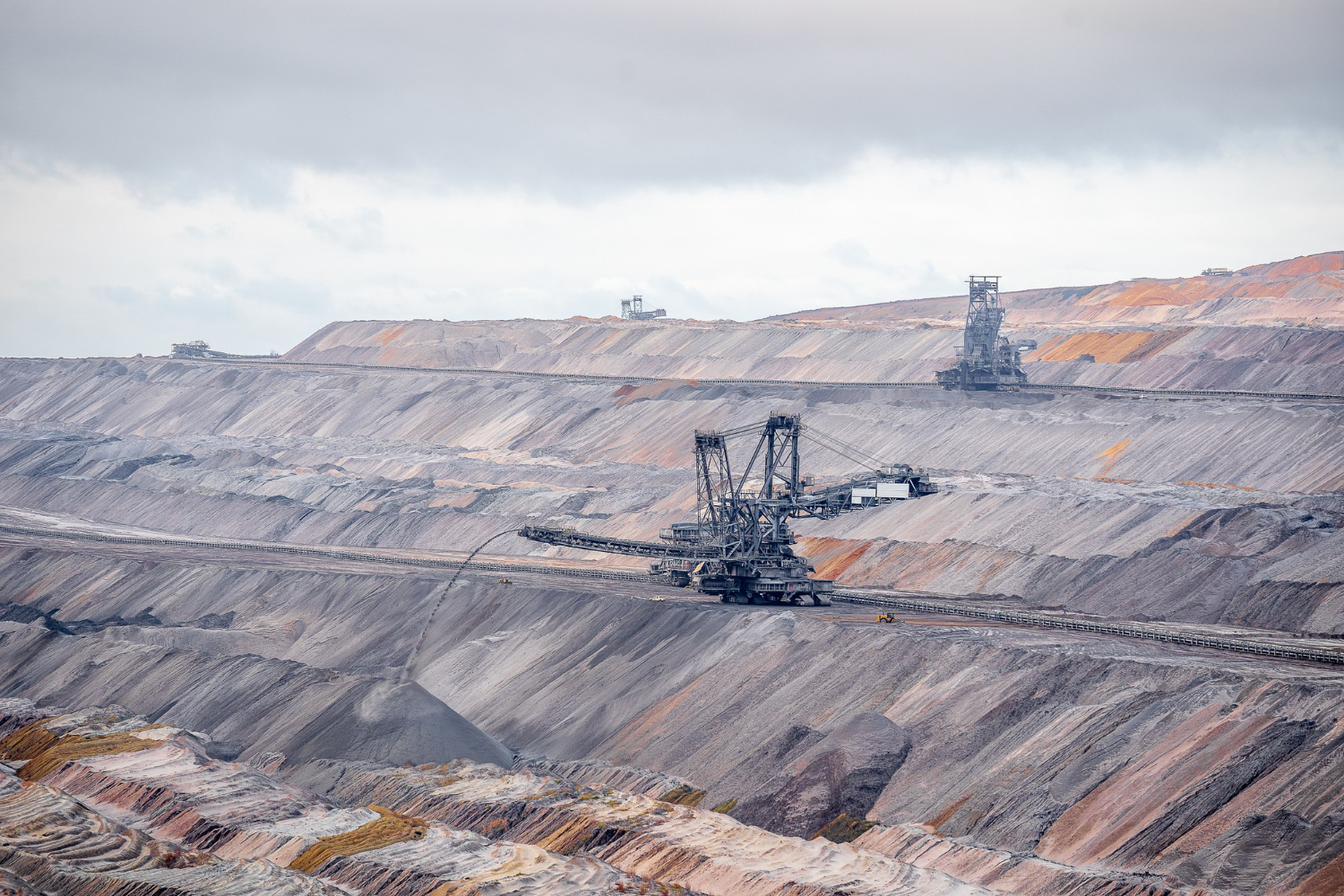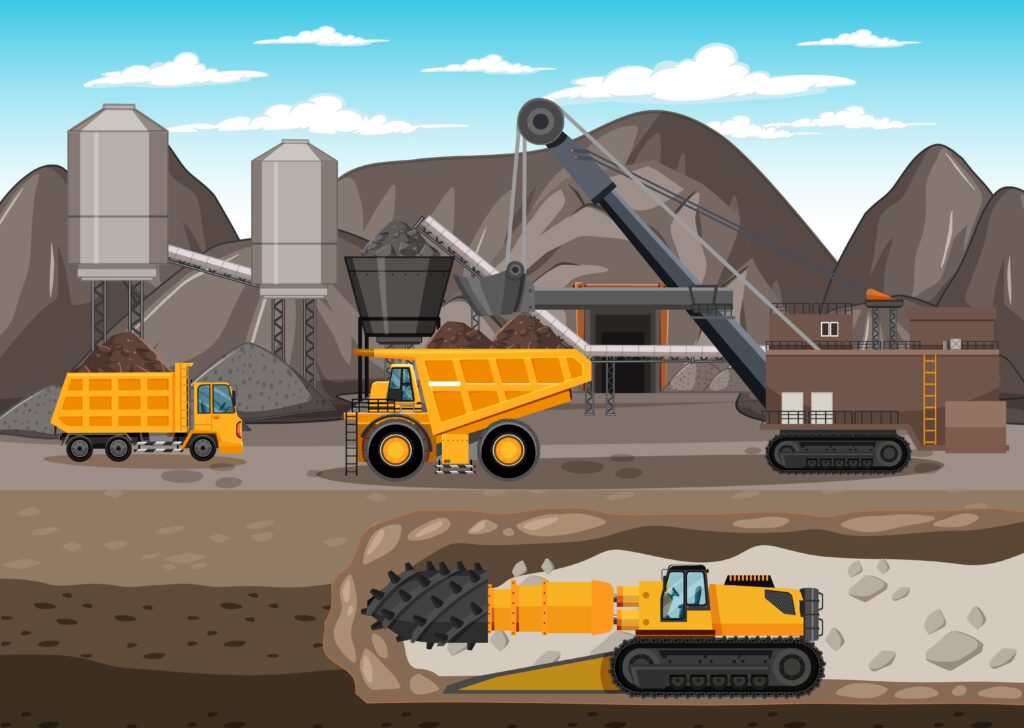Why Rushing To Sell Mineral Rights Can Cost You Long-Term Value
by Arnab Dey Business 27 May 2025

Many mineral rights owners are tempted to rush into a sale as soon as they receive a promising offer.
Making a quick decision without fully understanding long-term implications can lead to missed opportunities for greater value down the line.
Selling mineral rights is not just about immediate profit; it is about considering how those rights could appreciate or provide consistent income over time.
Each parcel of land has unique potential, and the market for mineral rights can fluctuate. So, it is important that you assess and value mineral rights before selling them.
Owners should weigh the pressure to sell quickly against the possibility that holding onto their rights—or exploring the resources offered by organizations like the Mineral Rights Alliance—could secure more stability and profit in the future.
Deciding whether to sell requires thoughtful analysis of current offers compared to potential future gains.
Taking the time to assess all aspects and seek expert guidance helps ensure the best decision is made for lasting value.
Key Takeaways
- Long-term value often outweighs quick gains.
- Careful consideration helps avoid costly mistakes.
- Trusted resources support smarter selling decisions.
Assessing And Valuing Mineral Rights For Long-Term vs Short-Term Selling
Selling mineral rights may provide fast cash, but it can mean missing out on royalty payments, future price increases, and appreciation.
Decisions about mineral rights should factor in the potential for long-term economic benefits and the risks of acting too quickly in variable markets.
Understanding The True Value Of Mineral Rights
The value of mineral rights is more than the upfront payment offered in a sale. Owners may earn ongoing royalty payments from oil, gas, or other mineral production if they retain ownership.
These royalties depend on future production levels and market prices, both of which can increase over time. Mineral rights are a long-term investment that can benefit multiple generations.
Unlike a one-time sale payment, royalties can provide continuous income and may rise if commodity prices or production levels go up.
This recurring revenue can offer stability as well as the potential for appreciating value.
Holding onto mineral rights also gives landowners a say in negotiating royalty rates and lease terms, which can increase profits over time.
Property values can be positively influenced if the mineral potential is recognized and developed.
Factors That Influence Mineral Rights Valuation
The value of mineral rights is shaped by factors such as current market demand, recent market trends, and estimates of future mineral production.
The geographic location of the land, the types of minerals present, and existing infrastructure all impact valuation.
Timing is crucial, as market volatility can affect offers and long-term returns.
Landowners should regularly review changes in commodity prices and local exploration activity to gauge the right moment for selling or holding their mineral rights.
Owners may find it useful to consult experts or royalty brokers who can help assess fair market value and negotiate better terms.
Key Considerations To Maximise Long-Term Value In Mineral Rights Sales

Sellers seeking the best returns on mineral rights must balance legal frameworks, tax obligations, professional advice, and the precise terms of lease agreements.
Each of these plays a critical role in determining financial outcomes and protecting property rights.
Legal And Tax Implications
Understanding the legal landscape is crucial before finalising any mineral rights sale.
Sellers should confirm ownership, including surface and subsurface rights, as disputes over property rights can delay or void deals.
Legal due diligence also involves reviewing prior oil and gas leases, ensuring no unresolved claims exist, and verifying the precise area and depth being transferred.
Tax implications can be significant. Capital gains tax often applies to profits from mineral rights sales, but the amount can vary.
For instance, inherited mineral rights may benefit from a step-up in basis, potentially lowering taxable gains.
Environmental considerations, including regulatory compliance around fracking or hydraulic fracturing, may also come into play.
Ignoring these requirements can expose sellers to penalties and reduce property value.
Impact Of Lease Terms And Agreements
The terms outlined in oil and gas leases or lease agreements carry substantial weight in determining long-term returns.
Some agreements might allow for forced pooling, which can impact the division of royalties among landowners in a development area.
Others may lock in royalty rates based on prevailing commodity prices, affecting income as oil prices shift.
Negotiating favourable terms with a leasing company or energy company can safeguard future revenue and shield sellers from unexpected expenses.
Sellers should compare offers, scrutinise environmental regulation requirements, and ensure all parties agree on property boundaries to avoid disputes after the sale.
For those selling land with mineral rights, clarity around surface rights usage and access is equally important.
Mistakes To Avoid While Assessing And Valuing Mineral Rights
To ensure that you are able to assess and find the accurate value of your mineral rights, you need to avoid making these mistakes.
1. Not Comparing Discount Rates:
Before deciding to sell your mineral rights, you should focus on understanding how the different discount rates affect your cash flow.
For instance, the valuation for two similar mineral mines can be different based on their properties and positioning.
So, you need to compare the discount rates to properly assess the valuation of your mineral rights before selling them.
Moreover, when you get a higher rate for discounts, it reflects that there is more risk with the mineral rights. So, you should plan accordingly.
2. Over-Reliance On Historical Data:
The pricing of different commodities and things changes over time. Sometimes the prices go higher, and other times they go down.
So, instead of overly relying on the historical data on the pricing rates of mineral rights, you should not make a decision.
Whether you want to sell your rights or want to check its valuation, consult the current data on pricing. This will help you get accurate ratings for your mineral rights.
3. Miscalculation Of Royalty Interest:
Horizontal drilling and vertical drilling are different. So, it is not possible that their royalty interests will be the same.
Moreover, the royalty interest may be allocated differently for different kinds of drilling. So, check the royal interests before evaluating the valuation of your mineral rights.
Also, using the wrong royalty interest rate can result in a miscalculation of your mineral rights. And, this might impact your decision-making about selling them.
Conclusion
Rushed decisions to sell mineral rights can reduce long-term value and potential earnings.
Mineral rights ownership can offer ongoing royalties, and quick sales may not reflect future increases in demand or market price.
Careful consideration of tax implications and market trends helps landowners avoid common pitfalls.
Taking time to consult with industry professionals and reviewing royalty rates ensures informed choices.
Patience and research often lead to better financial outcomes than immediate sales. Landowners benefit by evaluating both present offers and future possibilities before proceeding.
Read Also:



































































































